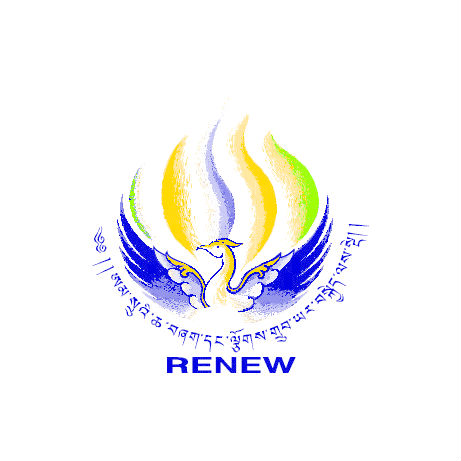

| 31 March 2016
Korea Population, Health and Welfare Association
The Korea Population, Health and Welfare Association (KoPHWA), a leading non-profit organization founded under the Maternal and Child Health Law, has played a great role for the successful implementation of population and reproductive health program since 1961. The vision of KoPHWA is to become a leading agency in enabling women, couples, and families to decide their family planning as well as promoting and ensuring a healthy community. Its objectives are to maintain a healthy population through the sustained implementation of reproductive health programmes, to promote family health and welfare, and to improve the quality life of general public by creating a sound and healthy family environment. In pursuit of these objectives, KoPHWA runs a wide range of information, education, and communication (IEC) programs to raise the public awareness of population issues, and is active in young people’s education and participation. Besides, KoPHWA delivers the MCH and Family Health services particularly to women and children through 13 branch clinics; it also provides mobile OB-GYN services to increase the access to medical and health information and services of marginalized groups. In addition, the KoPHWA’s works of developing and distributing high-quality materials have consistently contributed to creating the family-friendly childbirth and childcare environment as well as promoting good sexual and reproductive health practice. Address: 20, Beodeunaru-ro 14ga-gil, Yeongdeungpo-gu, Seoul, 150-040, Republic of Korea

| 31 March 2016
Respect Educate Nurture Empower Women - Bhutan
Established in 2004 by Her Majesty the Queen of Bhutan, Respect, Educate, Nurture, Empower Women (RENEW) became an Associate Member Association of IPPF in November 2009. It aims to be the leading organization in shaping the future role of women in Bhutanese Society, helping to reduce vulnerabilities while nurturing and empowering them. Their work is focused on reaching poor, disadvantaged and adolescent girls and women. RENEW has a widespread community-based support (CBS) system (established in 20 districts), and a community outreach programme run from the RENEW centre. Work focuses on sensitization with regard to HIV and AIDS, education in family planning approaches and contraceptive methods, and enhancing the safety of pregnancy and childbirth. A clear problem in Bhutan is the unequal position of women. One of the expressions of gender inequality is high levels of gender-based violence (GBV) which is seen as a natural part of married life, and not as an issue. RENEW has a vigorous education programme designed to reverse such attitudes. Bhutan is a unique country: all development is based on promoting Gross National Happiness (GNH), and comprehensive sexual and reproductive health (SRH) services, acceptance of every individual’s sexual and reproductive health and rights (SRHR), and the practical realization of those rights are regarded as critical components in increasing GNH. Given this political context, RENEW has ambitious targets. Although it has only been established for 10 years, it is making remarkable strides towards the achievement of better SRH and SRHR outcomes for the nation and its people.







